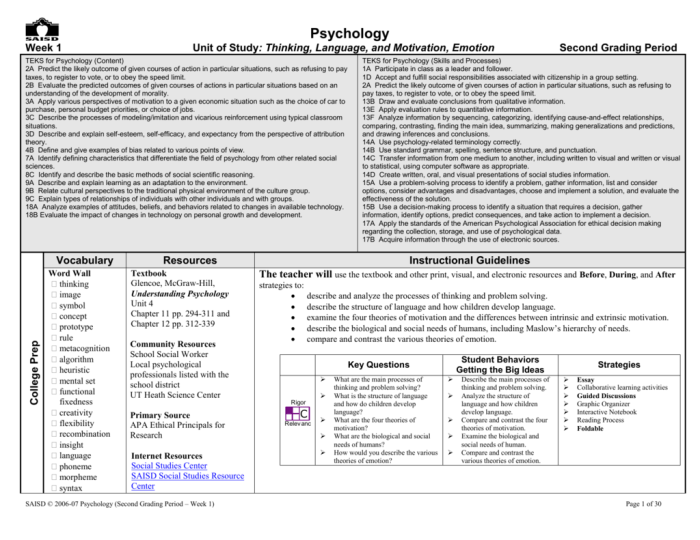Understanding psychology textbook mcgraw-hill ppt – Embark on an enlightening journey into the realm of psychology with the McGraw-Hill Understanding Psychology textbook. This comprehensive guide delves into the fundamental theories, research methods, and applications that shape our understanding of the human mind and behavior.
Throughout this exploration, we will uncover the key concepts and historical foundations of psychology, examining the biological, cognitive, and social factors that influence our thoughts, feelings, and actions.
1. Introduction

The McGraw-Hill Understanding Psychology textbook provides a comprehensive overview of the field of psychology, encompassing its major theories, research methods, and applications. It is designed for undergraduate students who are new to the discipline and aims to equip them with a solid foundation in psychological concepts and principles.
2. Key Concepts and Theories

Major Psychological Theories, Understanding psychology textbook mcgraw-hill ppt
- Psychoanalytic Theory:Focuses on the role of unconscious processes, early childhood experiences, and defense mechanisms in shaping personality and behavior.
- Behaviorism:Emphasizes the role of learning and environmental factors in shaping behavior, advocating for a scientific approach to studying psychology.
- Cognitive Psychology:Examines mental processes such as perception, attention, memory, and thinking, investigating how these processes influence behavior.
- Humanistic Psychology:Emphasizes the subjective experience, personal growth, and self-actualization, focusing on the unique qualities of each individual.
Research Methods in Psychology
- Experimental Method:Involves manipulating variables to establish cause-and-effect relationships, providing strong evidence for psychological claims.
- Correlational Method:Examines the relationship between variables without manipulating them, providing insights into associations but not causality.
- Observational Method:Involves observing and recording behavior in natural settings, allowing for the study of behavior in real-world contexts.
- Case Study Method:In-depth examination of a single individual or small group, providing detailed information but limited generalizability.
3. Biological Bases of Behavior
Role of the Brain and Nervous System
The brain and nervous system play a crucial role in shaping behavior. The brain, as the central processing unit, controls bodily functions, processes sensory information, and regulates emotions and thoughts. The nervous system transmits signals throughout the body, enabling communication between the brain and other organs.
Influence of Hormones
Hormones are chemical messengers that regulate various bodily functions, including behavior. Hormones such as testosterone and estrogen influence aggression, sexual behavior, and mood.
4. Cognitive Processes: Understanding Psychology Textbook Mcgraw-hill Ppt

Perception and Attention
Perception involves interpreting sensory information to create a meaningful representation of the world. Attention is the process of selectively focusing on specific stimuli while ignoring others.
Memory
Memory is the ability to store and retrieve information. Different types of memory include sensory memory, short-term memory, and long-term memory.
Thinking
Thinking involves manipulating information to solve problems, make decisions, and form concepts. Cognitive processes such as reasoning, problem-solving, and decision-making are essential for effective thinking.
General Inquiries
What is the purpose of the McGraw-Hill Understanding Psychology textbook?
The McGraw-Hill Understanding Psychology textbook provides a comprehensive overview of the field of psychology, covering major theories, research methods, and applications.
Who is the target audience for this textbook?
This textbook is designed for undergraduate students in introductory psychology courses.
What are the key concepts covered in this textbook?
The textbook covers a wide range of topics, including the history of psychology, major psychological theories, research methods, biological bases of behavior, cognitive processes, social psychology, developmental psychology, clinical psychology, and applications of psychology.

